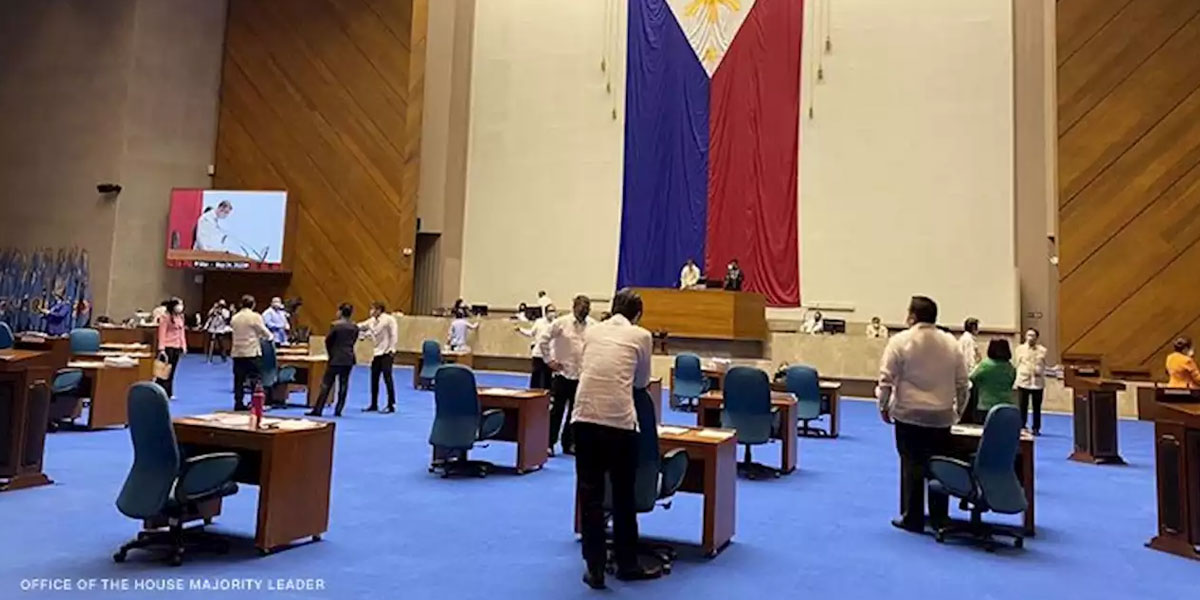
Deputy Speaker and Buhay Rep. Lito Atienza on Sunday bared what he called a powerful lobby in Congress to exempt the national government’s “golden goose” in the energy sector – the state-run Philippine National Oil Co. (PNOC) – from mandatory budget and procurement checks.
“We are gravely worried that freeing PNOC’s spending program from congressional scrutiny and allowing the company to conveniently negotiate the purchase of goods and services might lead to the potential misuse of energy funds in next year’s elections,” Atienza said.
“We are alarmed because PNOC is a cash-rich corporation attached to and run by the Department of Energy, and of all the Cabinet members, Energy Secretary Alfonso Cusi seems to be the one most keenly engaged in partisan political activities,” Atienza said.
PNOC remitted P7 billion in cash dividends to the National Treasury in 2020.
Cusi is also vice chairman and the highest-ranking officer of the ruling Partido Demokratiko Pilipino-Lakas ng Bayan (PDP-Laban) party who is not an elected public official.
Cusi and Sen. Manny Pacquiao are now in a tug-of-war for control of the PDP-Laban leadership ahead of next year’s presidential elections.
Cusi is ex-officio chairman of the board of directors of PNOC and its two subsidiaries – PNOC Exploration Corp. (PNOC EC) and PNOC Renewables Corp. (PNOC RC).
PNOC EC has a 10 percent stake in the lucrative Malampaya deep-water gas-to-power project, while PNOC RC is a developer of solar, wind, hydro and geothermal energy projects.
“We would urge our colleagues to throw out House Bill 8762, which emasculates the congressional power of the purse,” Atienza said.
The bill seeks to discharge PNOC from submitting its annual budget to Congress for examination and approval.
“We maintain that only Congress has the power to authorize all spending of public money by the national government and its attached agencies as well as corporations,” Atienza said.
The bill also seeks to release PNOC from complying with the Government Procurement Reform Law, or Republic Act 9184.
The 2003 law mandates competitive public bidding as the default mode of procurement of goods and services for all agencies, including government-owned or-controlled corporations. It only allows negotiated purchases in emergency cases.


























